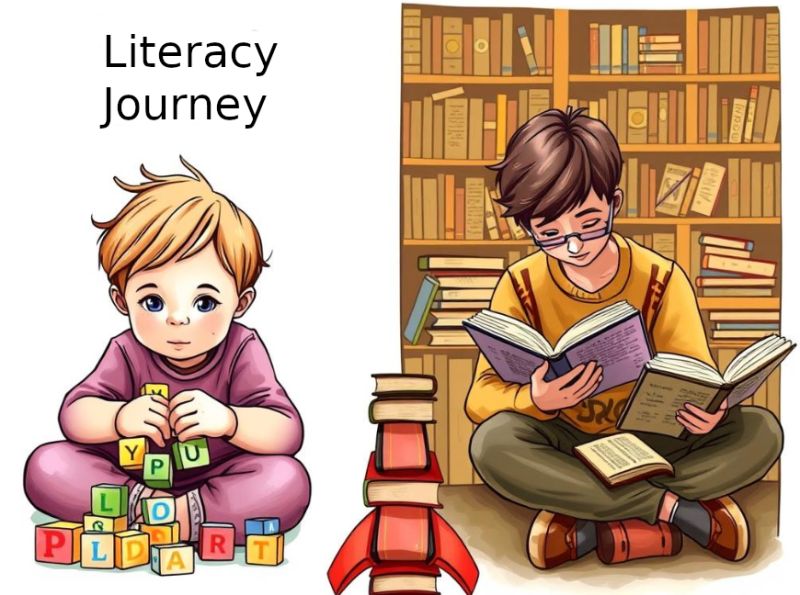- 06
- May
- 2025
Transition from “Learning to Read” to “Reading to Learn”
- Posted ByZyda Hassiem
- InEducation

Developing New Skills
The transition from “learning to read” to “reading to learn” is a crucial stage in a child’s education. Early reading focuses on recognizing letters, sounding out words, and building fluency. This shift requires new skills, such as comprehension strategies, critical thinking, and the ability to analyze and organize information. This transition requires developing several new skills:
Comprehension Strategies – Children must shift from decoding words to understanding their meaning, using techniques like summarization, questioning, and making inferences.
Vocabulary Expansion – Exposure to more complex texts requires learning new words and their meanings in context to improve comprehension.
Critical Thinking Skills – Readers must analyze, compare, and evaluate information rather than just recognizing words on a page.
Subject-Specific Reading – Adapting to different types of texts and interpreting historical documents, or mathematical problems.
Information Synthesis – Readers must integrate knowledge from multiple sources, identifying key ideas and making connections between concepts.
Note-Taking and Study Skills – As reading becomes a tool for learning, students must develop ways to organize and retain information effectively.
Digital and Media Literacy – In the modern era, reading involves analyzing online texts, distinguishing credible sources, and interpreting multimedia content.
Motivation and Engagement – Maintaining a love for reading and curiosity about different subjects fosters lifelong learning beyond basic literacy skills.
This transition is not abrupt but occurs gradually as students progress through elementary and middle school years. Successful navigation of this shift is crucial for academic success, as nearly all advanced learning depends on the ability to acquire knowledge independently through text.
Mastering the transition is essential for academic growth and lifelong learning. As students develop comprehension, critical thinking, and information-processing skills, they become more independent and confident in their ability to acquire knowledge.